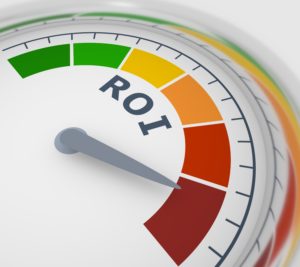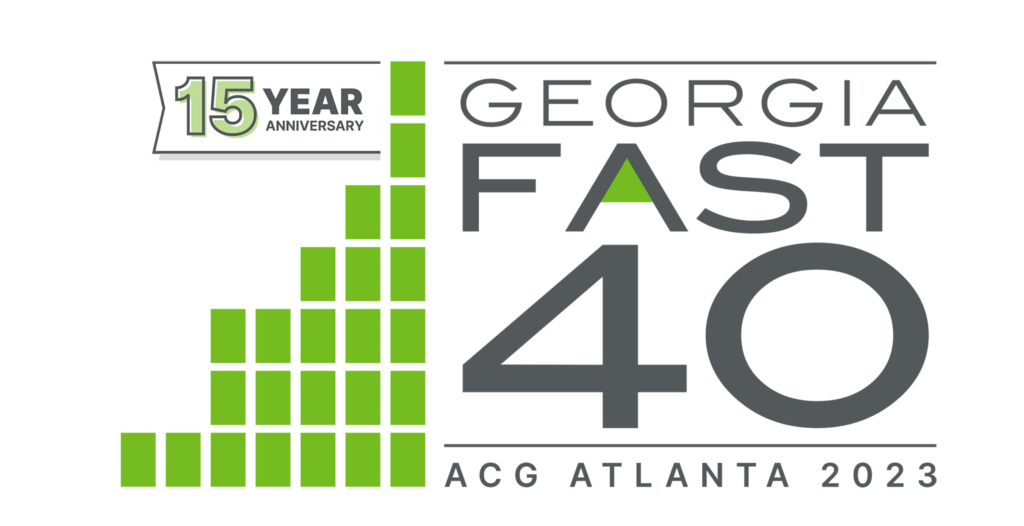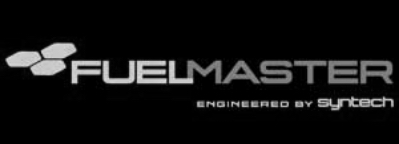Remaining environmentally compliant is one of the most important parts of having your own bulk fuel tanks. Not only do you want to stay compliant so that you are conscious of the environment and community around you, but you also want to ensure that you won’t experience any potential fines or penalties due to negligence.
By combining the priority of compliance and consciousness around your fueling strategies, you can ensure better outcomes for your company, develop a stronger “green energy reputation” as well as potential savings for your company.
Let’s explore how to make this happen for your fleet!
Renewable Diesel
Renewable Diesel is a relatively new fuel option that is made from fats, vegetable oils, greases, algae, crop excess, wood, sawdust, and even switchgrass. Not only is it a non-petroleum fuel, but it also makes use of agricultural waste and even wastes from restaurants and supermarkets.
What’s great about Renewable Diesel is that it has the same chemical makeup as traditional diesel so it meets every standard necessary to use it in pipelines, storage tanks, and diesel engines that were only used by conventional diesel. So there’s no need to buy new equipment or even update the equipment you were already using for conventional diesel. In fact, Renewable Diesel is more efficient than conventional diesel.
Renewable Diesel may reduce maintenance costs as conventional diesel since it can have a high cetane number, which makes it run diesel engines faster and with more power. It is even easier to store than traditional diesel and doesn’t break down, even in colder conditions and over long periods of time. Renewable Diesel processing plants are growing in number and are even reaching out to European markets in an effort to provide the world with cleaner fuel.
Maintaining Your UST
Renewable Diesel has been proven to be easier to store than traditional diesel, but there are specific measures that can be taken to assure that Underground Storage Tanks (UST) stay compliant with the EPA. Something as simple as designating operators for specific emergencies can make it easier to avoid a catastrophe from occurring.
These operators would of course need to fulfill certain training and acquire certificates proving they’ve trained for their designated situation, but it could mean the difference between a small emergency and a $130,000 clean-up expense. Something else that would prevent a spill is Automatic Tank Gauge (ATG) Alarm Management, which simply means monitoring these alarms and knowing how to resolve them.
Keeping these alarm resolutions documented would further help manage and monitor ATG alarms to prevent regulatory violations. Monthly walk-through inspections that evaluate spill prevention equipment, release detection equipment, containment sumps, and handheld release detection equipment are now required in an effort to decrease the chances of a tank spill. If you would like to further assure that your tanks are in order and every preventable measure has been taken, then scheduling an annual inspection would be in order. All these actions would make the usually stressful mandatory State Inspector Visit all that much smoother.
Fueling Environmentally Compliant and Consciously
The world is changing as we have become more environmentally conscious, but we are very fortunate to also have new technologies emerging every day to help create a greener Earth. Taking advantage of these new technologies, like non-petroleum-based fuels, as well as taking measures to prevent environmental disasters, like a fuel or oil spill, can help achieve a healthier environment.








